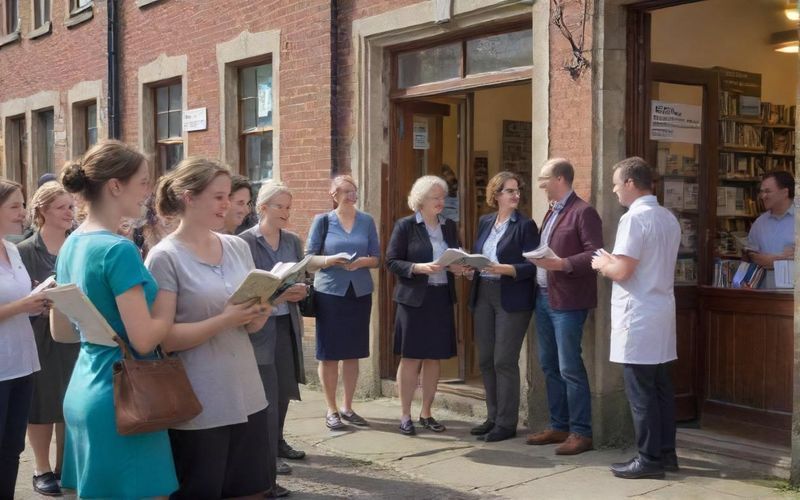Lottery dreams: Security or just a gamble?

This dream of financial liberation, however, runs on a carefully constructed engine of chance and responsibility. For every winner who sees their life transformed, there are millions who play, contributing to the £30 million that the National Lottery raises weekly for good causes. It’s a remarkable statistic, underscoring the collective impact of individual hopes. Allwyn, the operator, emphasizes a secure and supportive process for winners, offering a dedicated team of advisers who provide emotional and practical guidance. This human touch is crucial. Winning the lottery isn't just about the money; it's about navigating a seismic shift in one's existence, a transition that requires more than just a bank account update.
What’s particularly interesting is the layered approach to this form of aspirational spending. The Set for Life game, with its monthly payouts, offers a different kind of stability than a single, massive windfall. It mitigates the immediate risk of squandering a fortune, instead offering a sustained period of comfort and opportunity. This design inherently encourages a longer-term vision for the winner, perhaps fostering a more thoughtful integration of newfound wealth into their lives and the lives of those they care about. It's not just about immediate gratification; it's about a prolonged period of enjoying the fruits of luck.
Yet, beneath the surface of these life-changing possibilities lies a constant reminder: play responsibly. The National Lottery actively promotes tools for self-moderation and provides accessible support for those who might be struggling. This dual message – the thrilling possibility of immense gain alongside the crucial importance of control – is a complex dance. It speaks to a societal understanding that while dreams are powerful, they must be pursued within a framework of personal well-being. The £1.50 ticket price, seemingly insignificant, represents not just a gamble but an investment in a potential future, a future that can bring profound joy but also demands a mindful approach.
As more people engage with these games, especially with the ongoing discussions around the national lottery, it prompts us to consider the broader implications. Are we becoming a society that relies on luck for security, or are we simply embracing a modern form of aspiration, one that acknowledges the power of chance while striving for responsible engagement? The system is designed to be both a source of dreams and a provider of support, a testament to the evolving understanding of how to manage the profound impact of winning.








